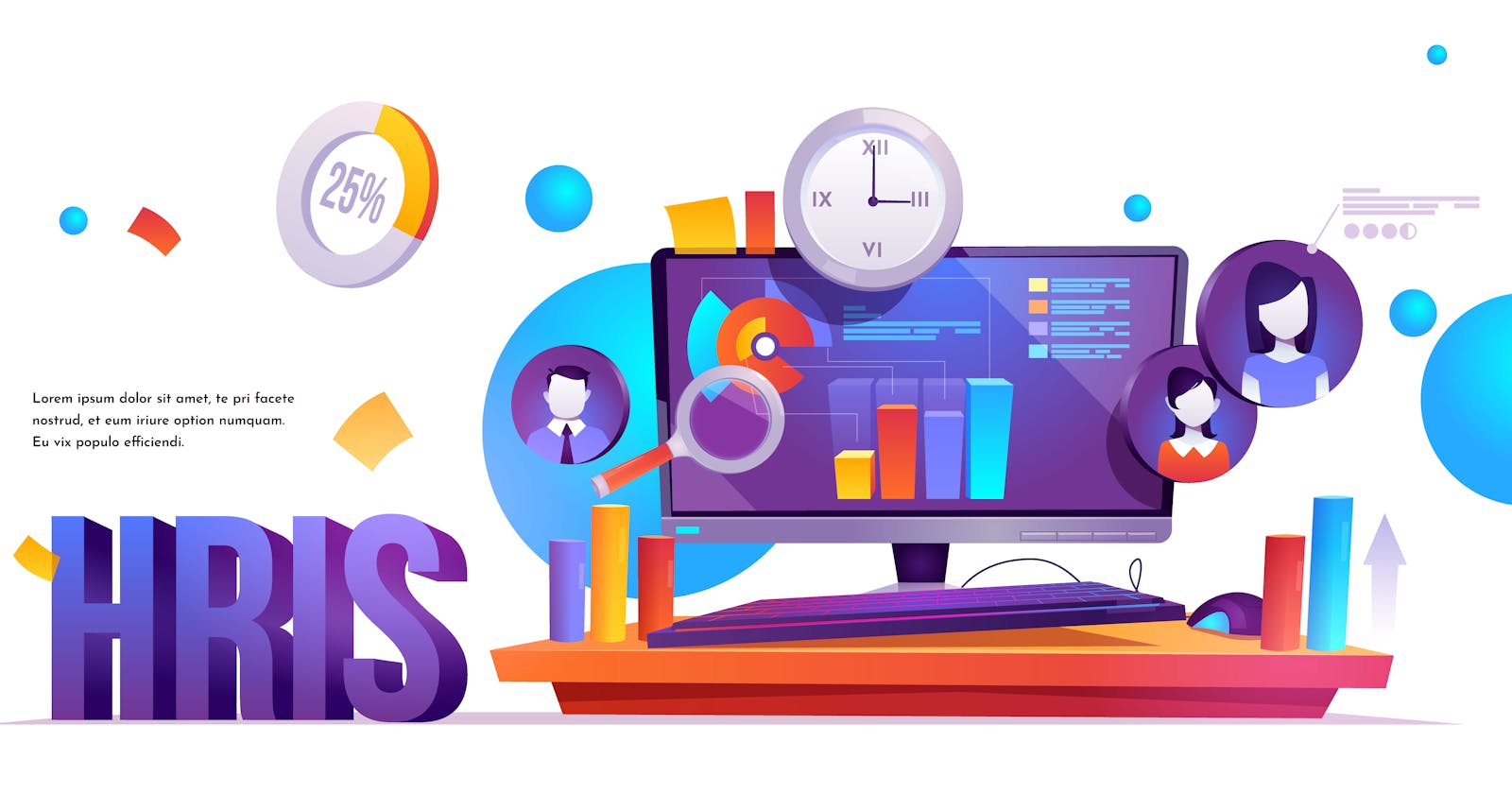Workday has played a leading role in influencing how businesses handle their employees. Its cutting-edge cloud-based solutions have significantly reduced HR procedures and allowed companies to make data-driven decisions.
In the future, there will be significant shifts in the HCM landscape. We'll look at forecasts for Workday HCM's future in this post, including how it will change how we operate, motivate staff, and foster success.
1. The Rise of Workday HCM
The remarkable success of Workday is remarkable. Dave Duffield and Aneel Bhusri founded the business in 2005 to develop a cloud-based HCM platform rivaling conventional HR software development systems.
As a global leader today, it provides services to thousands of enterprises in different industries. Workday has become a leader in the HCM space thanks to its intuitive design, smooth integrations, and data-driven strategy.
2. HR Is Not Exempt from Data-Driven Decision Making
Forecasters in the field believe Workday HCM will become more than just an HR instrument in the future. It has already been crucial to HR operations, but it has the potential to play a much more significant role in the overall decision-making process of a business. Leaders will be empowered to make strategic and well-informed decisions by Workday's real-time collection, analysis, and presentation of massive volumes of employee data.
When paired with business KPIs, employee performance data, for example, can offer insightful information about how particular HR efforts affect the productivity and financial performance of the entire organization. Businesses can invest in staff development, maximize resource utilization, and promote a continuous improvement culture by utilizing this data-driven approach to decision-making.
3. Employee Experience and Personalization Take Center Stage
There will be an increased emphasis on employee experience and personalization in Workday HCM. According to industry analysts, the platform will keep improving its user interface and overall experience to meet today's workforce's varied demands and tastes.
Workday will be able to provide individualized employee experiences for everything from talent development and performance management to onboarding by utilizing artificial intelligence and machine learning. Standard elements like career advice, real-time feedback, and tailored learning paths will be introduced to boost employee engagement and retention.
4. The Growth of Workday Into Complete Workforce Management
It is anticipated that Workday HCM will eventually embrace a more comprehensive approach to workforce management, going beyond the administration of conventional employees. A spectrum of workers will be included by this change, including contingent and seasonal workers, as well as freelancers, gig workers, and contractors.
Organizations will get a complete picture of their workforce by combining all segments onto a single platform. Businesses will be able to effectively manage labor expenses, maximize talent acquisition tactics, and create a coherent work atmosphere that supports flexibility and diversity with such a unified strategy.
5. Improved Analytics for Workforce and Predictive Understanding
Robust workforce analytics are becoming increasingly important as the amount of employee data keeps increasing. It is anticipated that Workday HCM will use predictive modeling and advanced analytics to assist businesses in maximizing their talent management and workforce planning initiatives.
Workday will offer practical insights into future labor requirements and issues by examining past data and seeing trends. Such predictive capabilities will allow firms to proactively solve difficulties and stay ahead of the competition, from projecting skill shortages to estimating turnover rates.
6. Ongoing Learning and Talent Acquisition
The swift progression of technology necessitates that workers constantly retrain and upskill themselves. Experts in the field believe that Workday HCM will be essential in helping companies foster a continuous learning culture.
Workday's learning management features will make it simple for staff members to access pertinent internal and external training materials. Additionally, by utilizing data analytics, the platform will be able to pinpoint skill gaps and suggest tailored learning courses, enabling staff members to pick up new abilities in line with their professional goals and the demands of the company.
Conclusion
In summary, the Workday integration services future holds exciting changes for how businesses handle their human resources. The platform's capacity for data-driven decision-making will develop into a strategic advantage, and employee experience and personalization will improve engagement and retention. About whole workforce management, Workday's growth will be in line with how the modern workforce is changing to include both contingent and permanent employees.
Proactive planning and people management will be made more comfortable by improved workforce analytics and predictive insight. While employees will gain the knowledge and skills they need to prosper in a world that is changing quickly. The flexibility of Workday to accept remote work and the hybrid model will align with the new work practices that have resulted from the epidemic.
